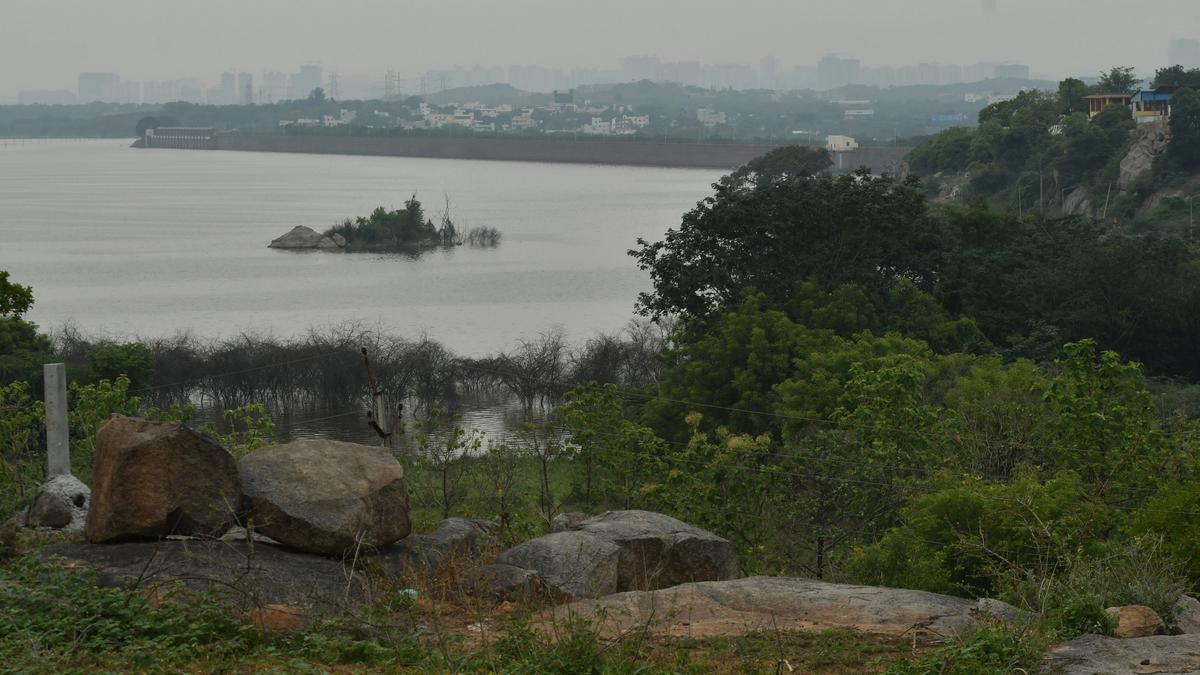
Water supply figures to Hyderabad city inflated, says people’s committee report
The Hindu
Long Live Lakes Campaign of Hyderabad's People's Scientific Committee released a report questioning the rise in drinking water supply in the city. It claims the figures are inflated and unreliable, and the water withdrawals have been increased to benefit real estate developers. The report, titled 'Save Sagars to Save Hyderabad', collates data showing an 86% rise in water consumption over nine years. It also states that the per capita consumption of 250 litres per day is far above the actual 66-71 litres.
People’s Scientific Committee constituted by the Long Live Lakes Campaign of Hyderabad, in its recently released report, raised questions about the phenomenal rise in the quantities of drinking water said to be supplied in the city during the past nine years.
The report contested that the amount of water shown as drawn from various reservoirs for supply in the city is not realistic, and attributed it to the ploy to make the twin reservoirs of Osmansagar and Himayatsagar appear redundant. “It is unclear where this water is going. It appears that the water withdrawals have been arbitrarily increased in order to make it seem like the reservoirs are not as important as they actually are. This false information is being used to justify the removal of protections for the reservoirs, which would benefit real estate developers at the expense of the public trust,” the report prepared by three experts, retired IICT scientist K. Babu Rao, retired NGRI scientist Ramalingeswara Rao, and environmentalist Sagar Dhara, commented, while terming the water supply figures ‘inflated’ and ‘unreliable’.
The Long Live Lakes Campaign is a voluntary initiative by environment and lake activists, launched a year and a half ago to raise voice against the repeal of GO 111, which offered protection to the two heritage reservoirs Osmansagar and Himayatsagar.
The report, titled ‘Save Sagars to Save Hyderabad’, collated the drinking water supply details from the website of the Hyderbaad Metropolitan Water Supply & Sewerage Board, which showed a rise of more than 86% in the city’s water consumption over the past nine years.
From around four lakh million gallons in 2014, the overall drinking water consumption has spiralled to almost 7.5 lakh million gallons in 2022, and in 2021 — the pandemic year when many of the commercial establishments were shut — the consumption was at all-time high at over 8.6 lakh million gallons.
Drawls from the twin reservoirs in percentage terms of the total supply were down from 11% to zero in 2018, from when they rose to 4.62 in 2019, and came down to 4.09 in 2022.
The water supply claims fizzle out even when calculated against the per capita consumption of water, the report says.













